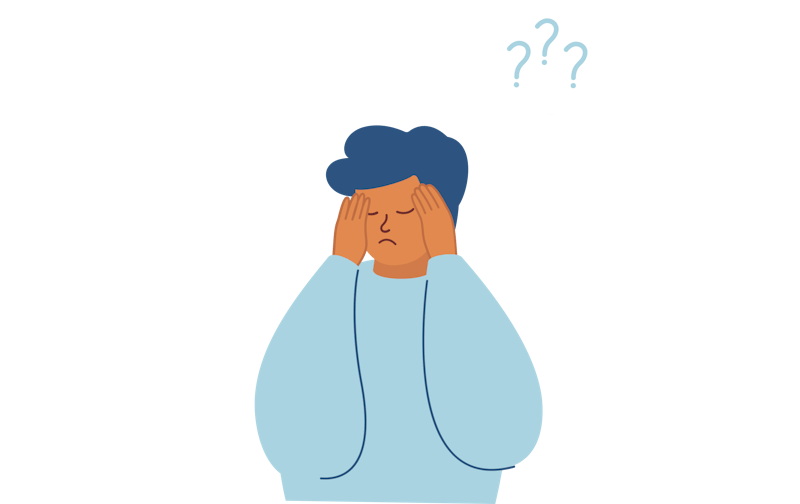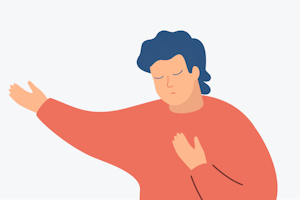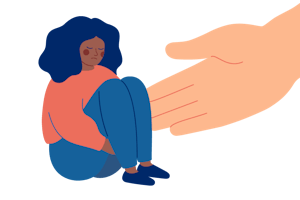Boundaries and consent
Sex is based on equality and good communication where the desires of both parties is respected. It is never okay to beg or force someone to have sex, whether we are in a relationship or not. Both persons need to feel comfortable talking about their boundaries. Making fun of other people‘s needs, call them silly, or react badly in some way is disrespecting them.
Consent for sex is very important and necessary for everyone to feel good.
What is consent?
- To talk about what we want and listen to the other person, before, during, and after.
- To ask for permission instead of assuming that it is okay to do something.
- Continue to ask the person what they like and what they want to do, even if you have slept together before. Sometimes people like different things.
- Consent can be with words or physical expression. If the other person is silent, uncertain, or says „maybe“ – it is not consent.
- Consent means that the other person is conscious. People who are younger than 15, sleeping or unconscious cannot give their consent.
You are not respecting boundaries if you:
- Pressure the other person into doing something that they do not want to do, like threatening or making that person feel guilty.
- Make someone feel like they owe you sex or sexual behavior, because you gave them a gift, did them a favour or asked them out on a date.
- Ignore boundaries that have been expressed, for example, if the person moves away from you or pushes you away.
It does not matter if the person told you something else before – people have the right to change their minds. Rape is defined by consent. This means that any form of sexual behaviour is rape if there is no consent. Therefore consent is a key element in any sexual context.















